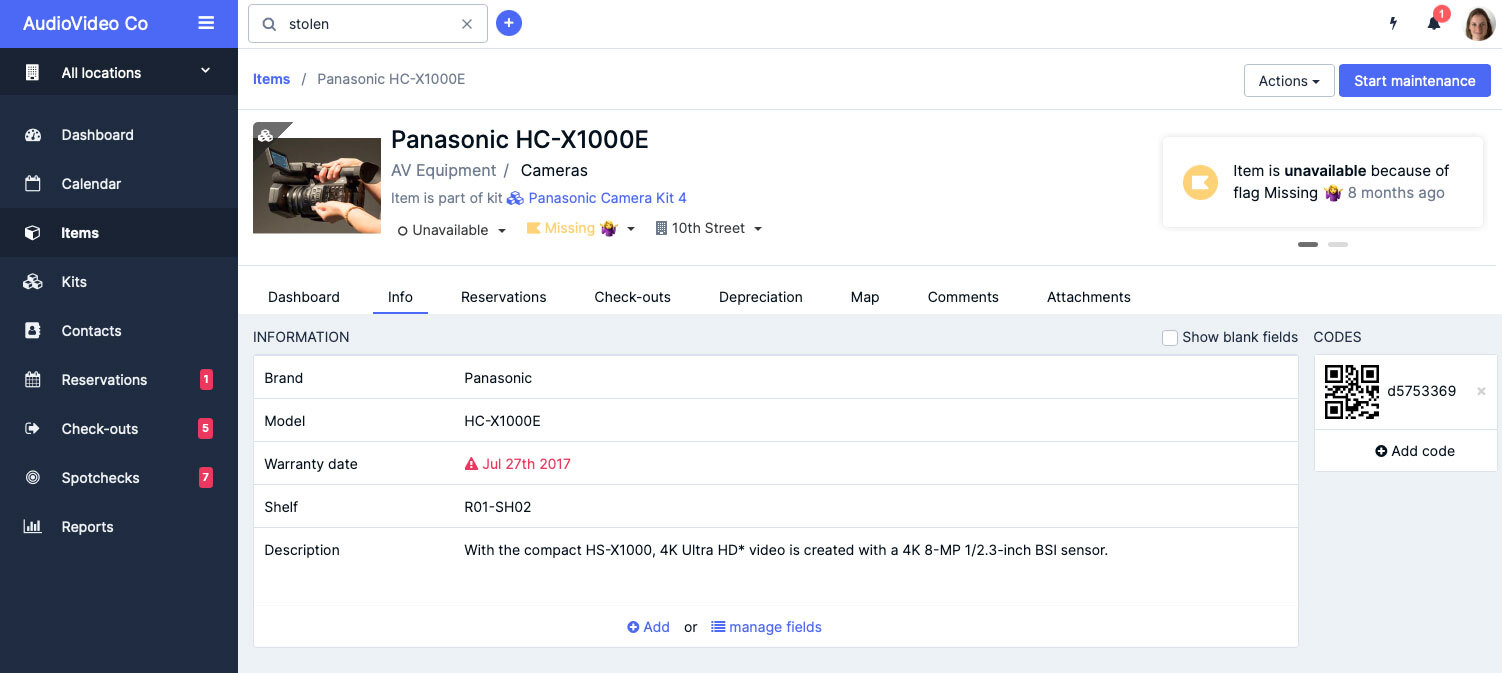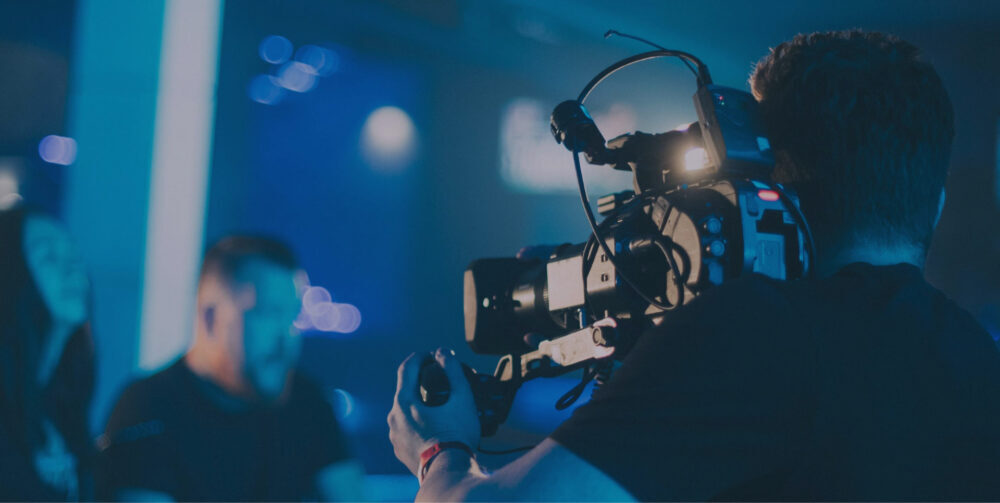
Lost or stolen equipment - what now?
6 tips for dealing with material loss
How to prevent your equipment from being lost or stolen
Let’s jump right in with some sad facts: At some point, your precious equipment will be lost or stolen. Boohoo. 🥲
Picture this: You're about to leave for an important shoot, but you can't find your trusty mic. You don't remember where you last used it, who had it before you, or how long it's been missing. You have a vague idea of what type of microphone it is, but you'll need to ask someone in accounting to search for its serial number. You're already running late, and the thought of not knowing if there are any more microphones like it or where they might be is stressing you out. Yikes!
Unfortunately, we can't make your lost or stolen equipment reappear like magic. But we CAN do, is prepare you for the worst.
We’ve listed 6 simple tips that’ll give you the best chances of recovering lost or stolen equipment and keeping your gear safe and sound.
6 tips for dealing with material loss
1. Tick tock, time is of the essence
Don't wait until it's too late to report lost or stolen equipment! Contact the person in charge - the equipment manager - ASAP. The sooner a theft is reported to the police or the search for a missing item starts, the better the chances of bringing your gear back home. 🏠
2. Make it known what you own
One of the key ways to minimize the impact of lost or stolen equipment is to keep a full overview of all your gear. This will allow you to quickly find a spare or order a replacement if necessary, saving you time and effort in the long run by means of accurate reporting.
Here are our top tips on how to create an equipment inventory list!
3. Start labeling before it’s too late
Always, and we really mean always keep track of who last had equipment. You don't want to waste valuable time having to contact everyone on your team just to establish who last used a missing piece of equipment.
Our top tip here is that it's easier to follow your gear if you label it. Use barcode tracking to prove that the lost item is yours by showing the data you’ve got in hand. And if someone tries to take off the barcode, no worries! You still have the serial number and other equipment details.
4. Shhht. Recording in progress.
If you're like most people, you probably don't have all your equipment serial numbers memorized. By keeping a record of all your equipment details, you'll be better equipped to fight against loss or theft. It’s definitely something you don't want to be dealing with when you're busy filing a police report.
5. Check one, two
When you and your team are picking up gear for a shoot, make sure they don't only formally ‘check out’ the gear, for instance by signing a checkout agreement, but have them formally ‘check in’ the gear as well. This means that the return of the gear will be officially recorded somewhere, making it available to others again.
Don't wait until you desperately need that piece of equipment to realize it's gone. Make sure you have a system in place to notice when something is overdue. Trust us; you don't want to be scrambling last minute trying to find that missing gear.
6. The modern era of equipment management is here
Instead of relying on outdated pen and paper methods, consider using software and tools to help with the points above. Not only will this save time and money, but it will also eliminate the risk of lost papers, indecipherable handwriting, and lack of updates or backups.
Cheqroom is a great example of an equipment & asset tracking software. With our tool, you can create an inventory, track your gear, label your items, pull detailed reports on your gear usage, and so much more.
Investing in proper software to track your equipment and assets can go a long way in reducing the impact of loss or theft and increasing the overall return on investment for your valuable resources.

It all comes down to this
In conclusion, losing or having your equipment stolen can be a stressful experience, but with the right preparation and tools, you can increase your chances of recovering your gear and minimizing the impact of material loss.
By following the tips outlined above and considering the use of software and tools such as Cheqroom, you can be better prepared for the worst and keep your valuable resources safe and sound.
For some additional tips, check out our blog post '5 simple ways to avoid your camera from being lost'.
Want to receive tips & tricks about equipment management, be taken on studio tours around the world, or simply get to know more about Cheqroom?
Sign up for our newsletter! 👇
More blog articles












